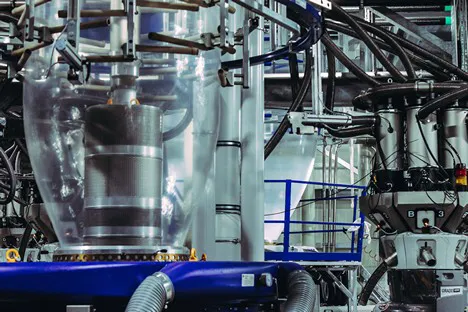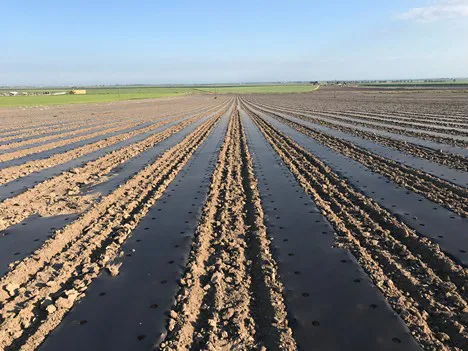As a processer of plastic materials, Agriplast works with a material that boasts the best recyclability level, but which is nevertheless used and managed as if not recyclable at all. For this reason, the company has decided to change the management of the end of life of plastic products.

Using plastic materials is necessary to produce and preserve food. Over the next few years, the growth in global population will mean it will be increasingly difficult to guarantee food to everyone.
Plastic is therefore a solution to meet the increasing demand for food, as it helps improve intensive cultivation techniques. However, plastic materials are often demonized due to the environmental devastation caused by their mismanagement, which has nothing to do with their use. The true issue for sustainability is in fact the recycling of plastic materials, which can largely be recovered, if subjected to suitable processes.
Agriplast has been moving in this direction for years, trying to manufacture products with recycled materials that provide satisfactory performances. "Plastica Seconda Vita" (Second Life Plastic) products contain a traced percentage of recycled product while maintaining excellent mechanical and visual characteristics.

The availability on the market of products such as these will encourage growers to dispose of them properly, significantly reducing the impact of intensive agriculture on the environment.
The indiscriminate dumping of plastic waste is anti-economical for at least two reasons: the first concerns the cost for the community, which must collect and dispose of it; the second reason implies the intrinsic loss of value of a material that is still precious because it could be reused many times.
For further information:
Agriplast SPA 
Via Filippo Bonetta 35
97109 - Vittoria (RG) - Italy
+39 0932 997211
enrico.garrasi@agriplast.com
www.agriplast.com
